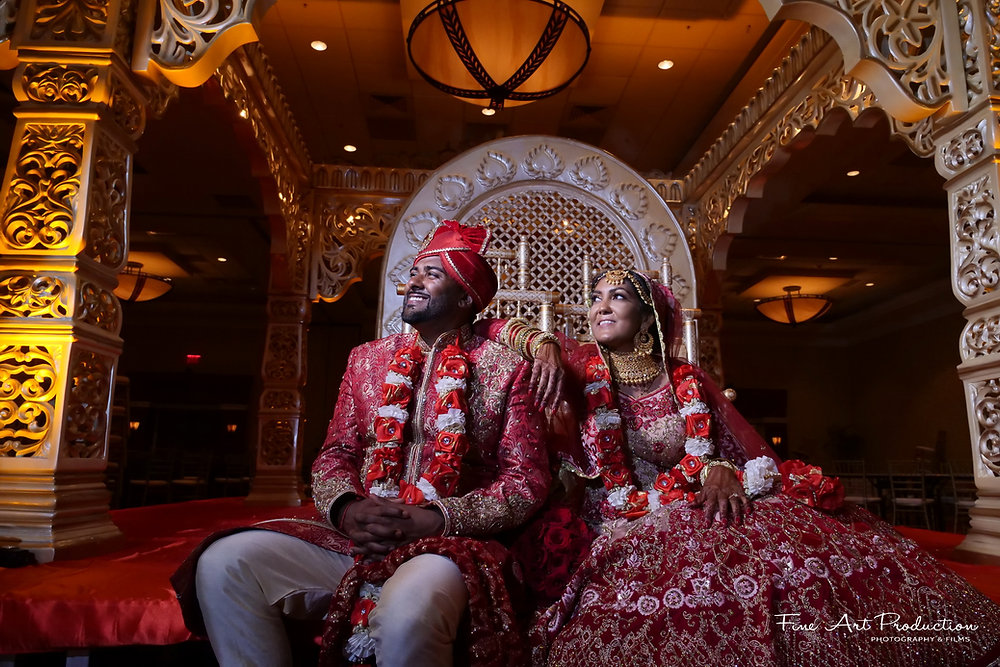In Guyana, several types of marriages are legally and culturally recognized, reflecting the country’s religious and ethnic diversity. Marriage in Guyana is governed by both civil law and religious/traditional customs.
Types of Marriages in Guyana
1. Civil Marriage
- Conducted by a marriage officer or a registrar under the Marriage Act.
- Legally binding and recognized by the state.
- Open to couples of all religious backgrounds.
- Requirements include:
- Application for a marriage license
- Witnesses present at the ceremony
- Minimum legal age: 18 (or 16 with parental consent)
2. Religious Marriage
- Conducted by religious leaders, such as:
- Christian pastors
- Hindu pandits
- Muslim imams
- Can also be legally recognized if the officiant is registered as a marriage officer.
- Religious ceremonies often follow traditional customs, dress, and rituals.
3. Customary/Traditional Marriages
- Practiced among Indigenous Amerindian communities and other cultural groups.
- May not always be formally registered with the state.
- Often involve cultural rites and symbolic ceremonies.
- Legal recognition depends on whether the marriage is later registered or meets requirements of the Marriage Act or Amerindian Act.
4. Common-Law Unions
- Cohabiting couples who live together without formal marriage.
- Increasingly common in both urban and rural areas.
- While not legally the same as marriage, some rights (e.g. child support, property issues) may be granted through court recognition in disputes.
5. Amerindian Marriages
- Governed partly by the Amerindian Act.
- Recognizes the marriage customs of Indigenous communities.
- May be formalized with or without civil registration, depending on the region.
Polygamy
- Not legally recognized in Guyana.
- Only monogamous marriages are permitted under the law, regardless of cultural or religious practice.


